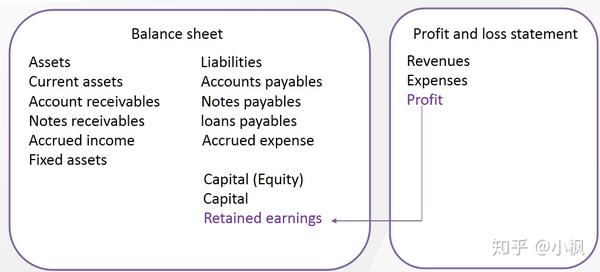Understanding the Tax Implications of Personal Loans: Are Personal Loans Taxable?
#### What is a Personal Loan?A personal loan is an unsecured loan that individuals can borrow from financial institutions, such as banks or credit unions, t……
#### What is a Personal Loan?
A personal loan is an unsecured loan that individuals can borrow from financial institutions, such as banks or credit unions, to cover various expenses. These loans can be used for a multitude of purposes, including debt consolidation, home improvements, medical expenses, or even vacations. Unlike secured loans, personal loans do not require collateral, which means that the lender cannot seize any of your assets if you fail to repay the loan. However, this also means that the interest rates on personal loans can be higher compared to secured loans.
#### Are Personal Loans Taxable?
One of the most common questions borrowers have is whether personal loans are taxable. The short answer is no; personal loans are not considered taxable income. When you receive a personal loan, you are essentially borrowing money that you are obligated to pay back, which means it is not income earned through work or investments. Therefore, you do not have to report the amount you receive from a personal loan as part of your taxable income.

However, there are some important nuances to consider. For instance, while the loan itself is not taxable, any interest you pay on that loan may not be tax-deductible unless the loan is used for specific purposes such as business expenses or qualified educational expenses. In most cases, interest paid on personal loans is not deductible, which can impact your overall financial situation.
#### Exceptions to the Rule
While personal loans are generally not taxable, there are exceptions that borrowers should be aware of. If you are forgiven or discharged from your personal loan, the amount forgiven may be considered taxable income. For example, if you negotiate with your lender to reduce the amount you owe and they forgive a portion of the debt, that forgiven amount could be subject to taxation. It is crucial to keep track of any communications with your lender regarding loan forgiveness and consult a tax professional to understand the implications.

#### Implications for Borrowers
Understanding the tax implications of personal loans is essential for effective financial planning. Since personal loans are not taxable, borrowers can utilize these funds without worrying about incurring additional tax liabilities. However, it’s vital to be aware of the interest rates and repayment terms, as failing to repay the loan can lead to financial strain and potential damage to your credit score.
Additionally, borrowers should consider how they utilize personal loans. Using the funds for investments or business purposes could have different tax implications compared to using them for personal expenses. Always consult with a financial advisor or tax professional to ensure that you are making informed decisions regarding your personal finances.

#### Conclusion
In summary, personal loans are not taxable, making them a viable option for individuals seeking financial assistance. However, borrowers should remain vigilant about the terms of their loans and understand the potential tax implications of forgiven debt. By being informed, borrowers can make the most of personal loans and navigate their financial landscape effectively. Always seek professional advice when in doubt, as tax laws can be complex and subject to change.